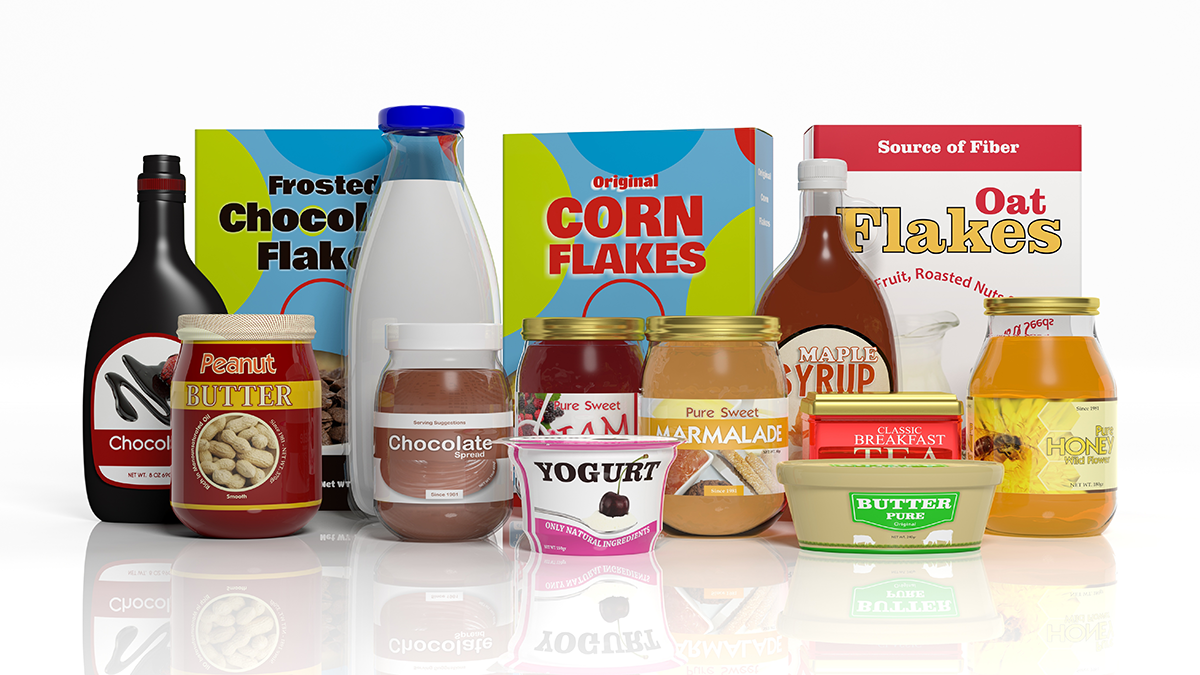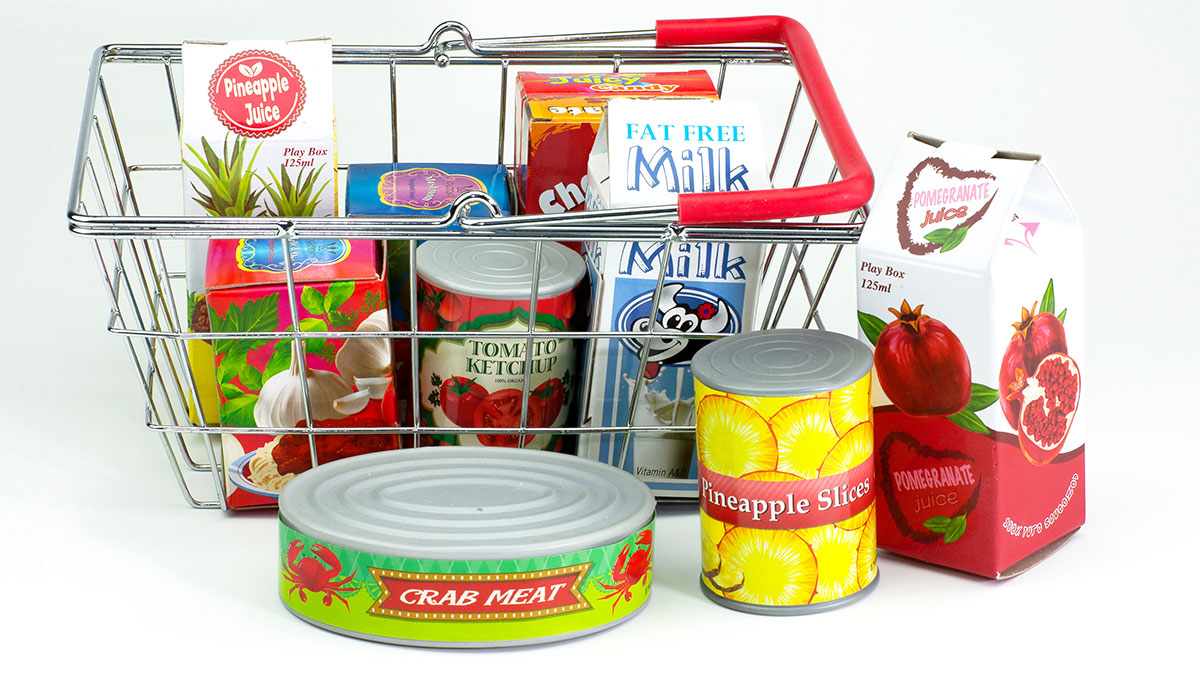By Doug Baker, Vice President, Private Brands, Food Marketing Institute

On Sept. 1, 2015, Daymon Worldwide appointed a new Chief Executive Officer, Jim Holbrook. I had the distinct pleasure of sharing a conversation on industry trends with Jim and learning his perspective on business opportunities. My line of questioning included observations on trends, innovation and sector growth. The following is a preview of the full interview available here.
Question #1: FMI’s U.S. Grocery Shopper Trends 2015 report suggests that private brand products remain high on consumers’ shopping lists, but consumers’ haven’t made significant habit shifts in terms of how private brands are influencing their primary store selection. Nearly a quarter of those surveyed over the last two years said that private brands were important to them in primary store selection. What are the most significant trends you’re witnessing in the private brands industry that’s leading to innovation and could impact consumer behavior in the aisles?
Doug: Customization is one key trend happening today; from flavors, to sustainable sourcing, to packaging options that fit diverse family sizes and life stages. Brand owners have a unique opportunity to address the trends head-on and avoid the “fast follower” model. The exciting thing about private brand strategies is that they can be as diverse as the consumers grocers cater to. I asked Jim to elaborate from his perspective as to how brand owners are competing.
Jim: Consumers, along with retailers, are learning to navigate today’s incredibly fast-paced, fragmented retail world. The proliferation of online shopping and delivery options is mind-boggling, and shoppers are still trying to figure out what works best for them.
The only way retailers can compete during this turbulent time is to aggressively leverage their Private Brands as powerful differentiators that offer something their customers simply cannot get anywhere else. If they do that, Private Brands play an even more significant role in consumer primary store choice.
Consider that Private Brand penetration in the U.S. today is 26 percent higher than it was in 2000. According to Nielsen, Private Brand growth between 2012 and 2015 in the U.S. grocery sector outpaced National Brand growth by between 3.8 and 5.5 percent. In the past five years, there has been total Private Brand share gain from 18.9 to 19.4 percent. The value of this .5 share gain is a hefty $1.6 billion.
The room for continued Private Brand growth is tremendous as we see the aggregate value of national brands falling steadily.
Conversely, as consumers continue to regard Private Brands as reputable brands in their own right, perhaps after having initially tried them during a recessionary period, they continue to purchase them. Even better, they are generally more willing to try new Private Brand products in other categories.
This tendency to stick with Private Brands that have delivered a positive experience has inspired ongoing retailer investment in developing more impressive, creative offerings.
If you look at the most successful retailers in the U.S. right now, they all have robust Private Brand programs and have created a cult-like following based on deep emotional connections with their consumers. We’re going to see more of that. Conversely, current and new hard discounters coming to town represent a major industry disrupter as they perfect the balance between low prices and high quality.


 Industry Topics address your specific area of expertise with resources, reports, events and more.
Industry Topics address your specific area of expertise with resources, reports, events and more.
 Our Research covers consumer behavior and retail operation benchmarks so you can make informed business decisions.
Our Research covers consumer behavior and retail operation benchmarks so you can make informed business decisions.
 Events and Education including online and in-person help you advance your food retail career.
Events and Education including online and in-person help you advance your food retail career.
 Food Safety training, resources and guidance that help you create a company food safety culture.
Food Safety training, resources and guidance that help you create a company food safety culture.
 Government Affairs work — federal and state — on the latest food industry policy, regulatory and legislative issues.
Government Affairs work — federal and state — on the latest food industry policy, regulatory and legislative issues.
 Get Involved. From industry awards to newsletters and committees, these resources help you take advantage of your membership.
Get Involved. From industry awards to newsletters and committees, these resources help you take advantage of your membership.
 Best practices, guidance documents, infographics, signage and more for the food industry on the COVID-19 pandemic.
Best practices, guidance documents, infographics, signage and more for the food industry on the COVID-19 pandemic.
